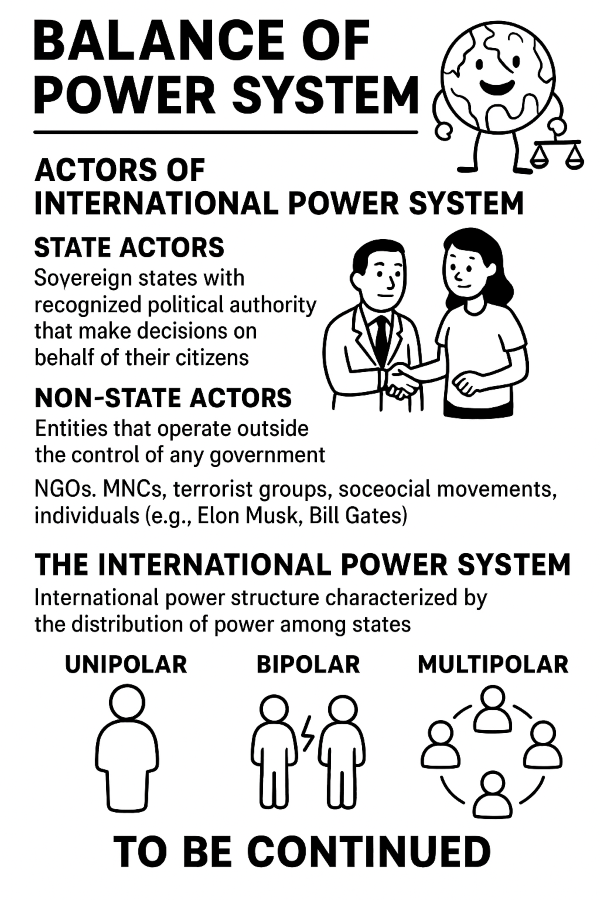How can a Change manager explain what ‘Coaching’ is? What are the key elements of coaching? – By Alok Das
Source : Alok Das LinkedIn
 Coaching is a developmental process where an experienced individual, known as a coach, supports a learner or client in achieving specific personal or professional goals.
Coaching is a developmental process where an experienced individual, known as a coach, supports a learner or client in achieving specific personal or professional goals.
This process involves providing the following to help the coachee unlock their potential and maximise their performance:
– Training
– Guidance
– Feedback.
At its core, coaching is:
– About facilitating growth and development.
– Not about giving direct answers or solutions but rather empowering individuals to find their own paths and solutions.
As Sir John Whitmore, a pioneer in the field of coaching, once said, “Coaching is unlocking a person’s potential to maximise their own performance. It is helping them to learn rather than teaching them.”
Key Elements of Coaching:
– Goal Setting: Coaching begins with identifying clear, achievable goals. These goals provide direction and purpose, helping the coachee stay focused and motivated.
– Active Listening: A coach listens actively to understand the coachee’s perspectives, challenges, and aspirations. This empathetic approach builds trust and rapport, creating a safe space for open communication.
– Powerful Questioning: Coaches use powerful questions to stimulate thinking and self-reflection. These questions encourage the coachee to explore new perspectives and discover insights that lead to personal growth.
– Feedback and Reflection: Constructive feedback is a crucial component of coaching. It helps the coachee recognise their strengths and areas for improvement. Reflection on this feedback fosters self-awareness and continuous learning.
– Accountability: Coaches hold coachees accountable for their actions and commitments. This accountability drives progress and ensures that the coachee remains committed to their goals.
Impact of Coaching:
Coaching has a profound impact on both individuals and organisations. It enhances self-awareness, boosts confidence, and improves performance.
According to Marshall Goldsmith, a renowned executive coach, “Coaching helps people to see themselves more clearly, to understand their strengths and weaknesses, and to develop strategies for improvement.”
In the context of change management, coaching;
– Plays a vital role in facilitating successful transitions.
– Provides personalised support, builds resilience, and fosters a culture of continuous improvement. By investing in coaching, organisations can navigate change more effectively and achieve sustainable growth.
In essence, coaching is a:
– Transformative process that empowers individuals to reach their full potential.
– Journey of self-discovery, growth, and continuous improvement, guided by the expertise and support of a coach.
























